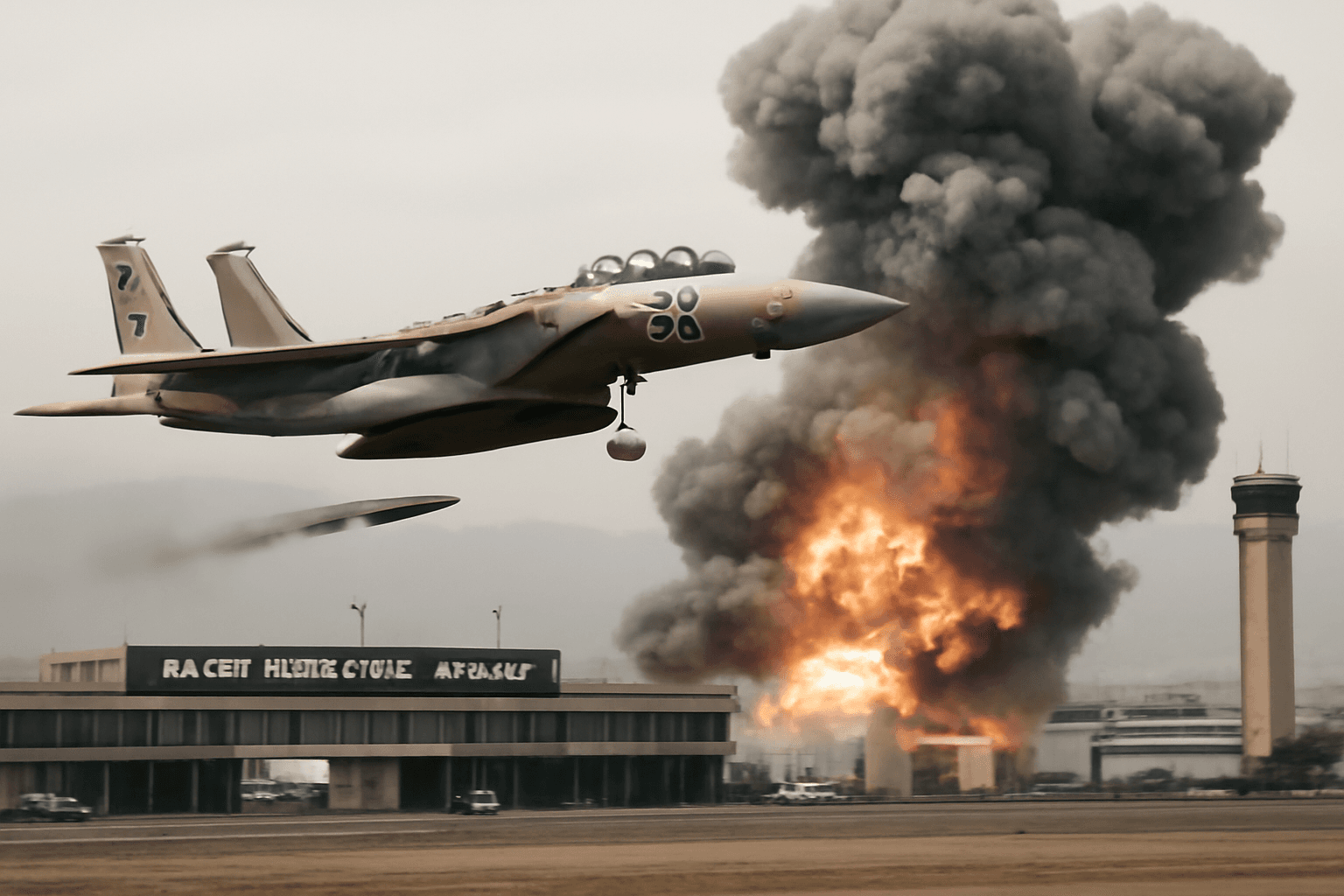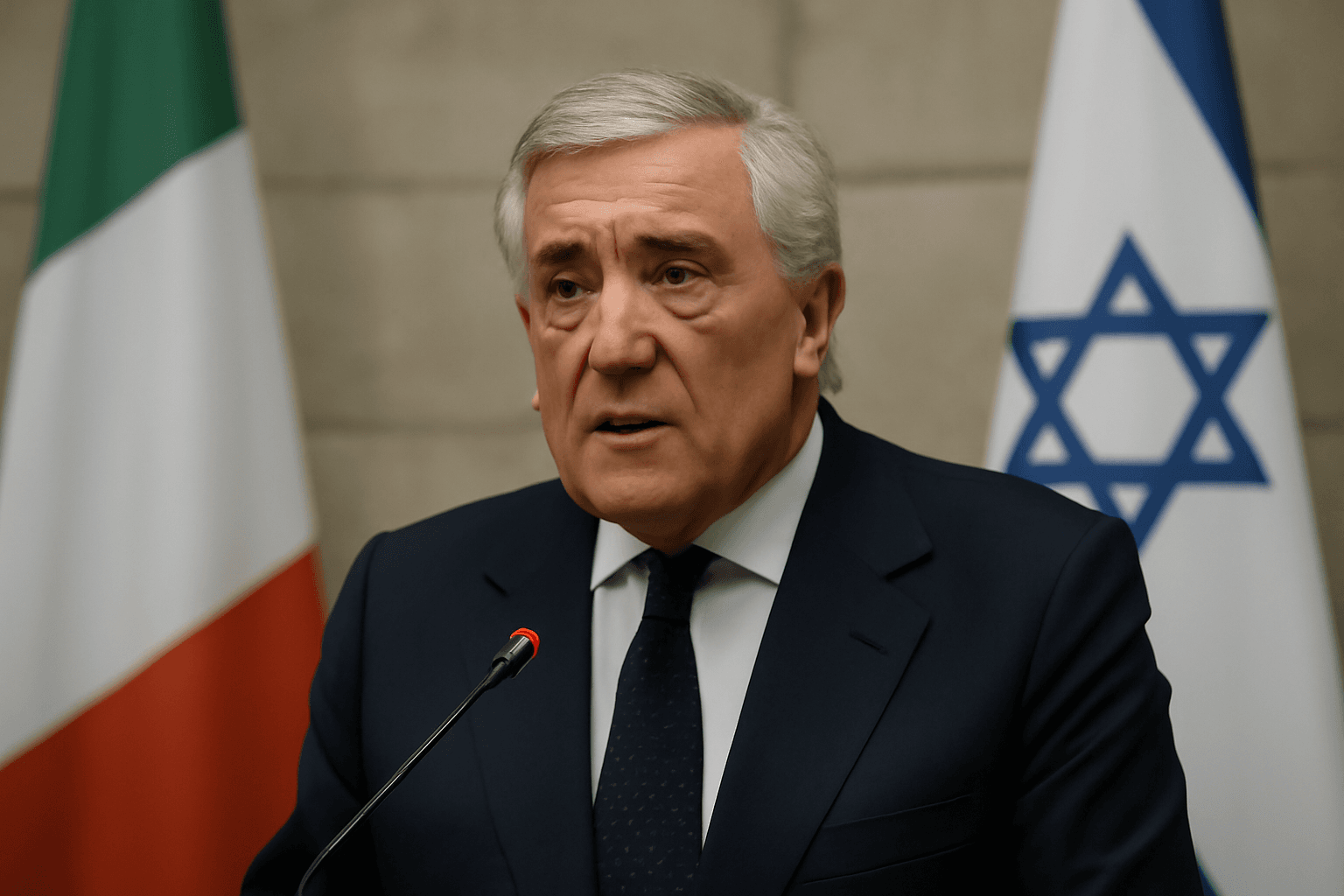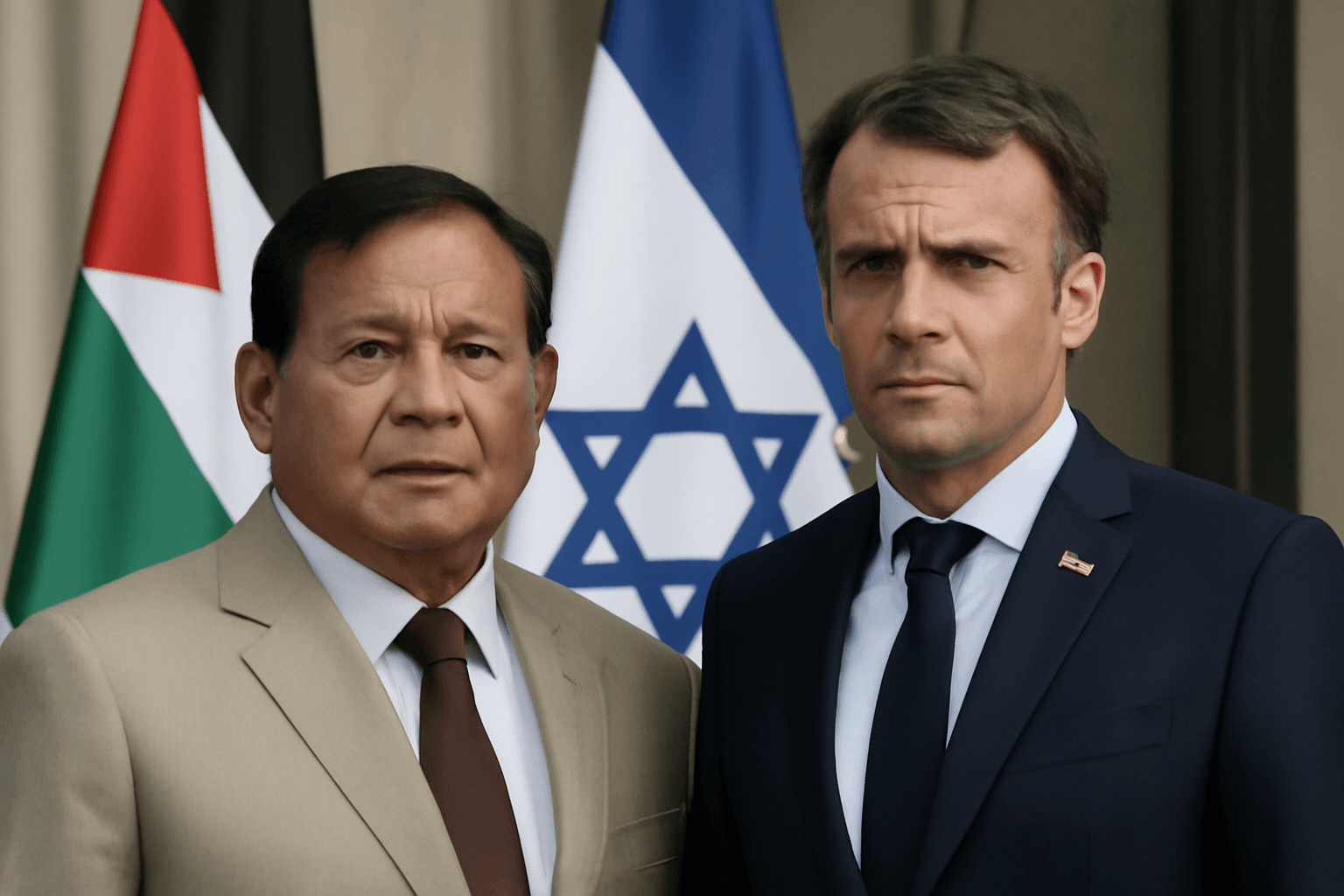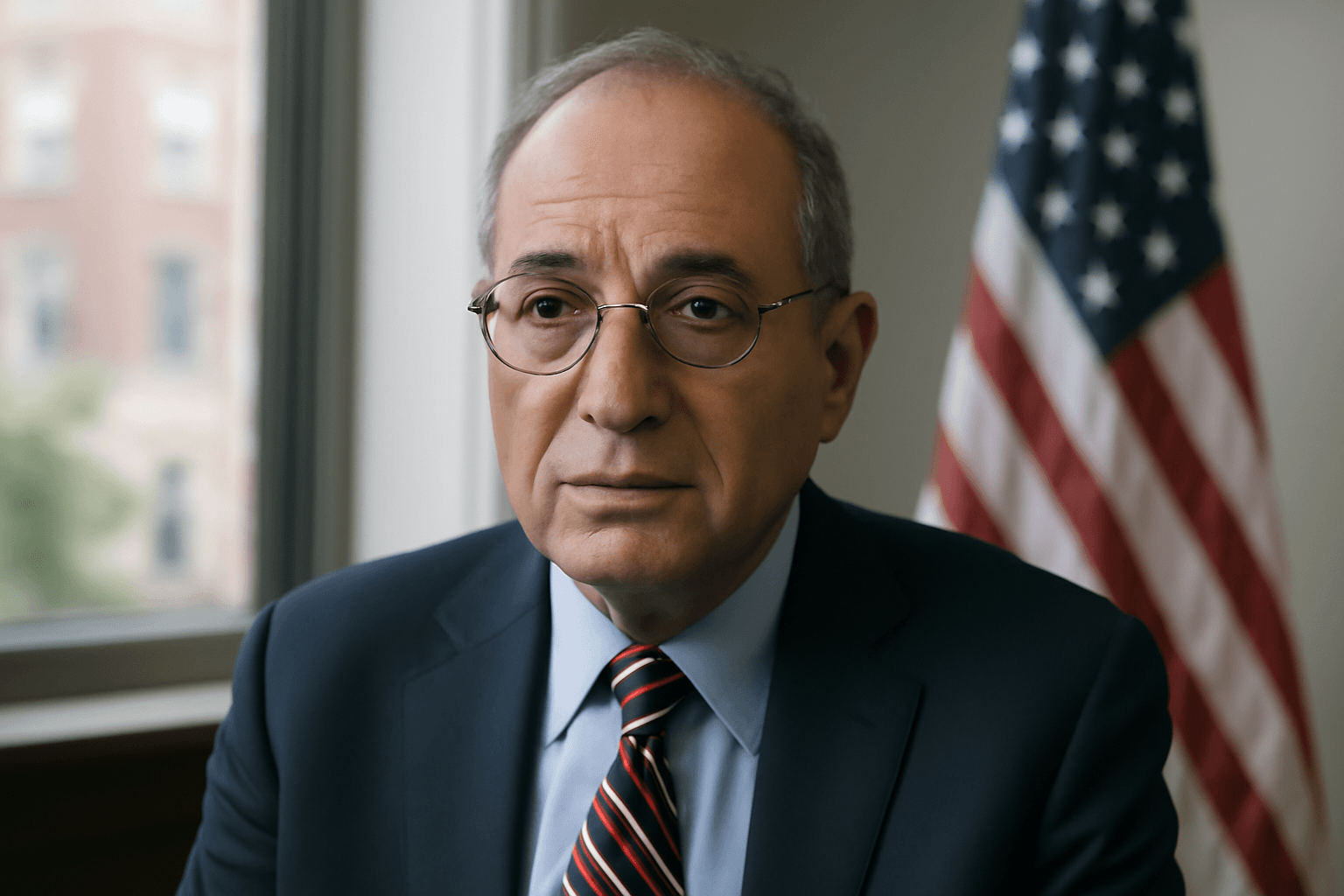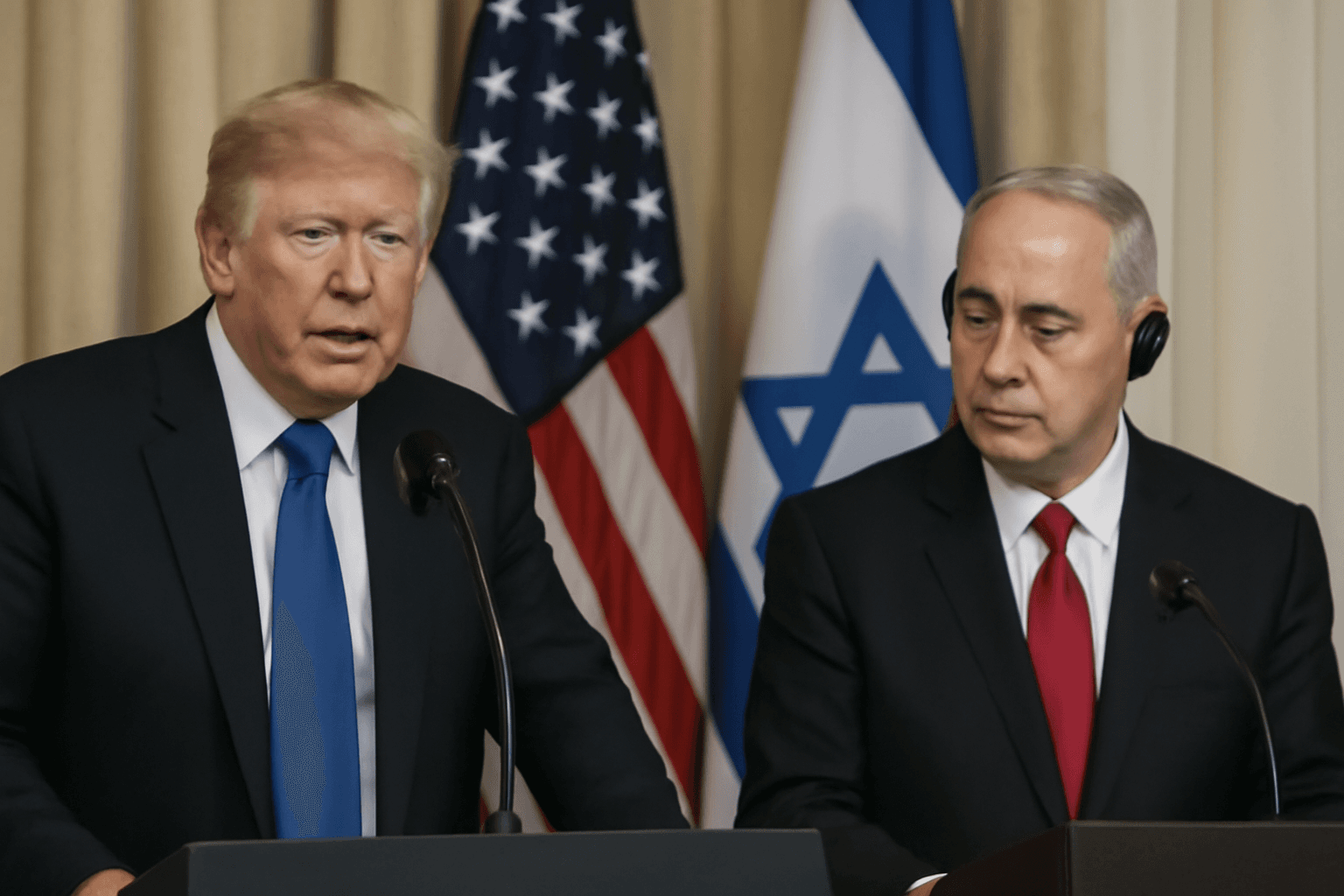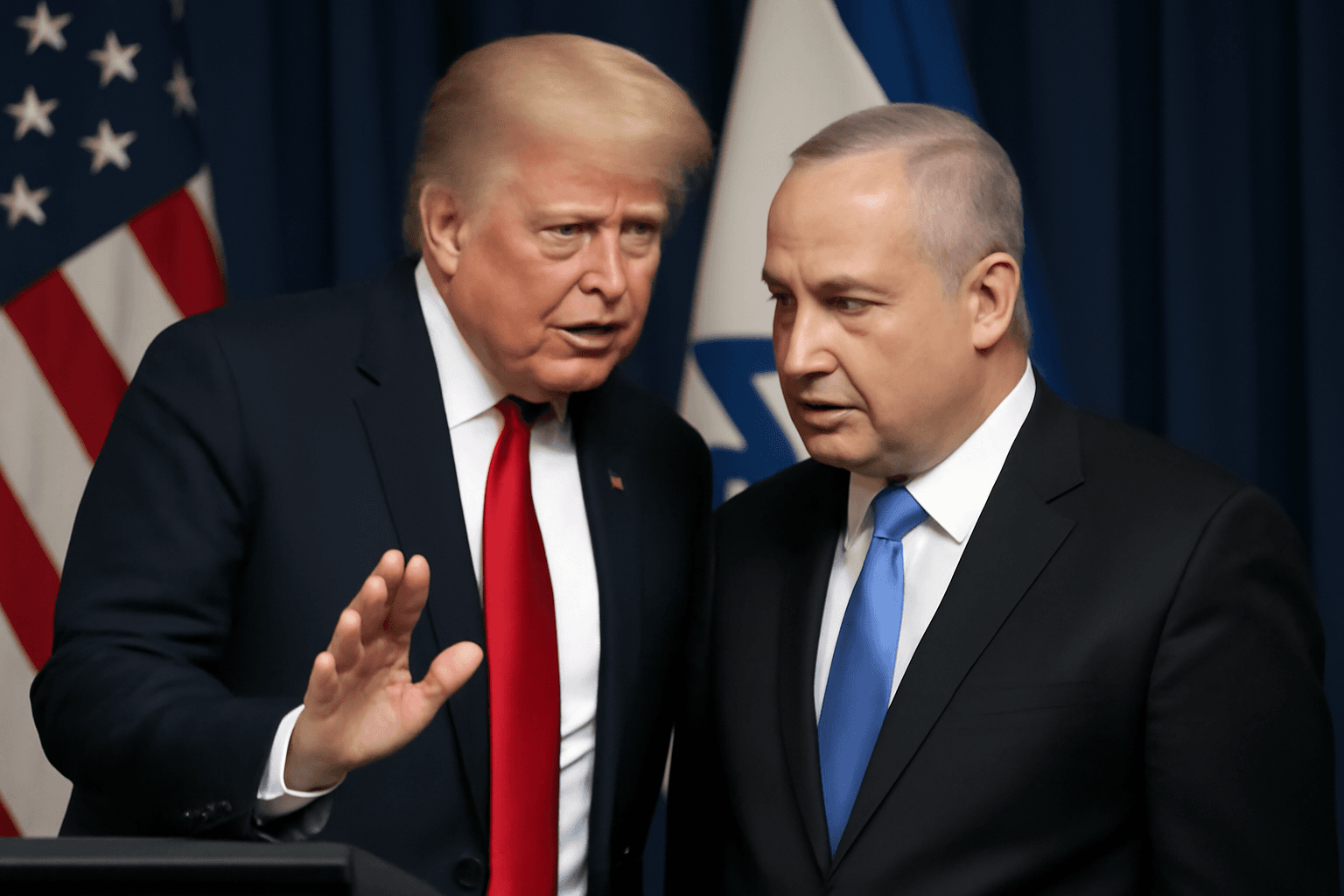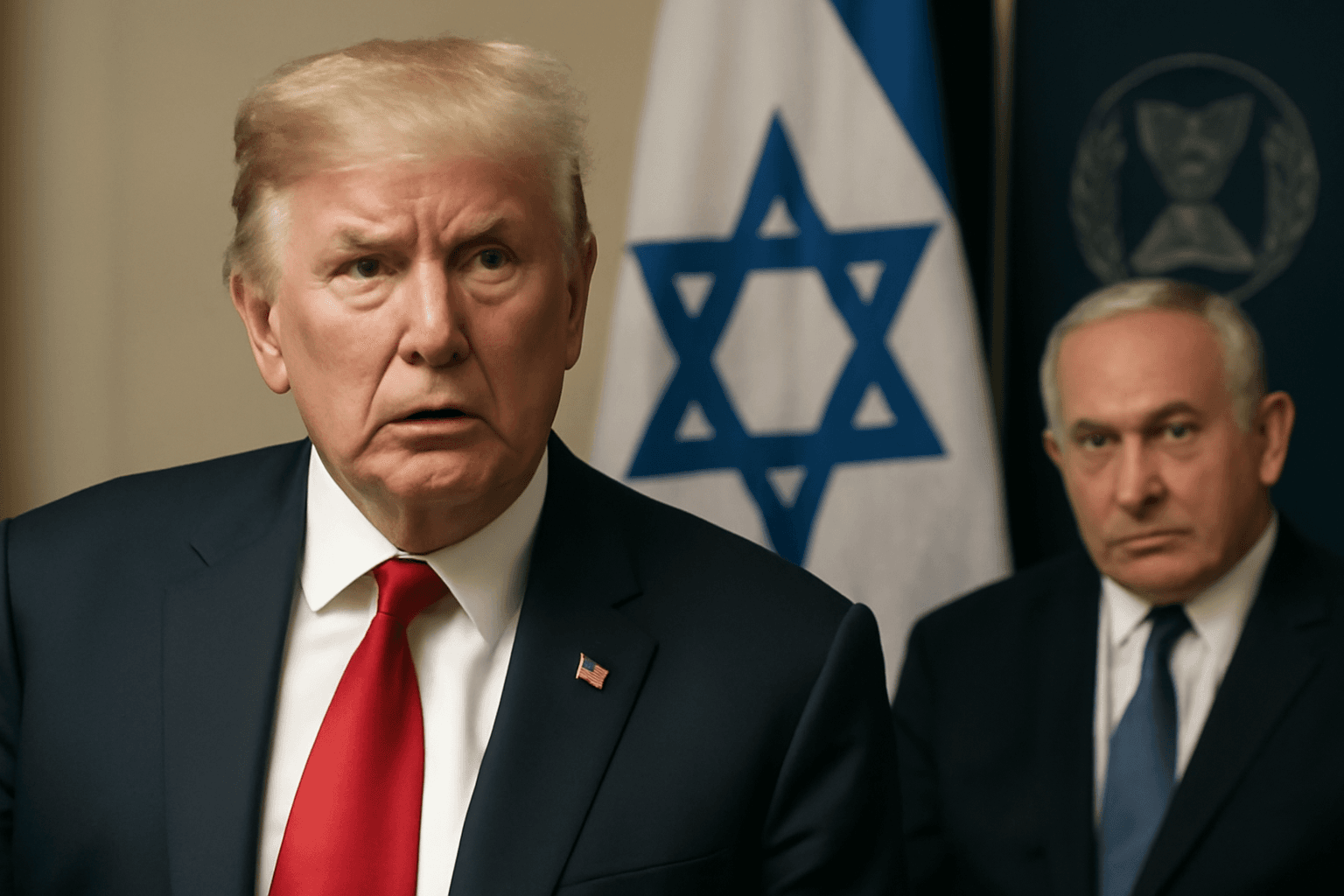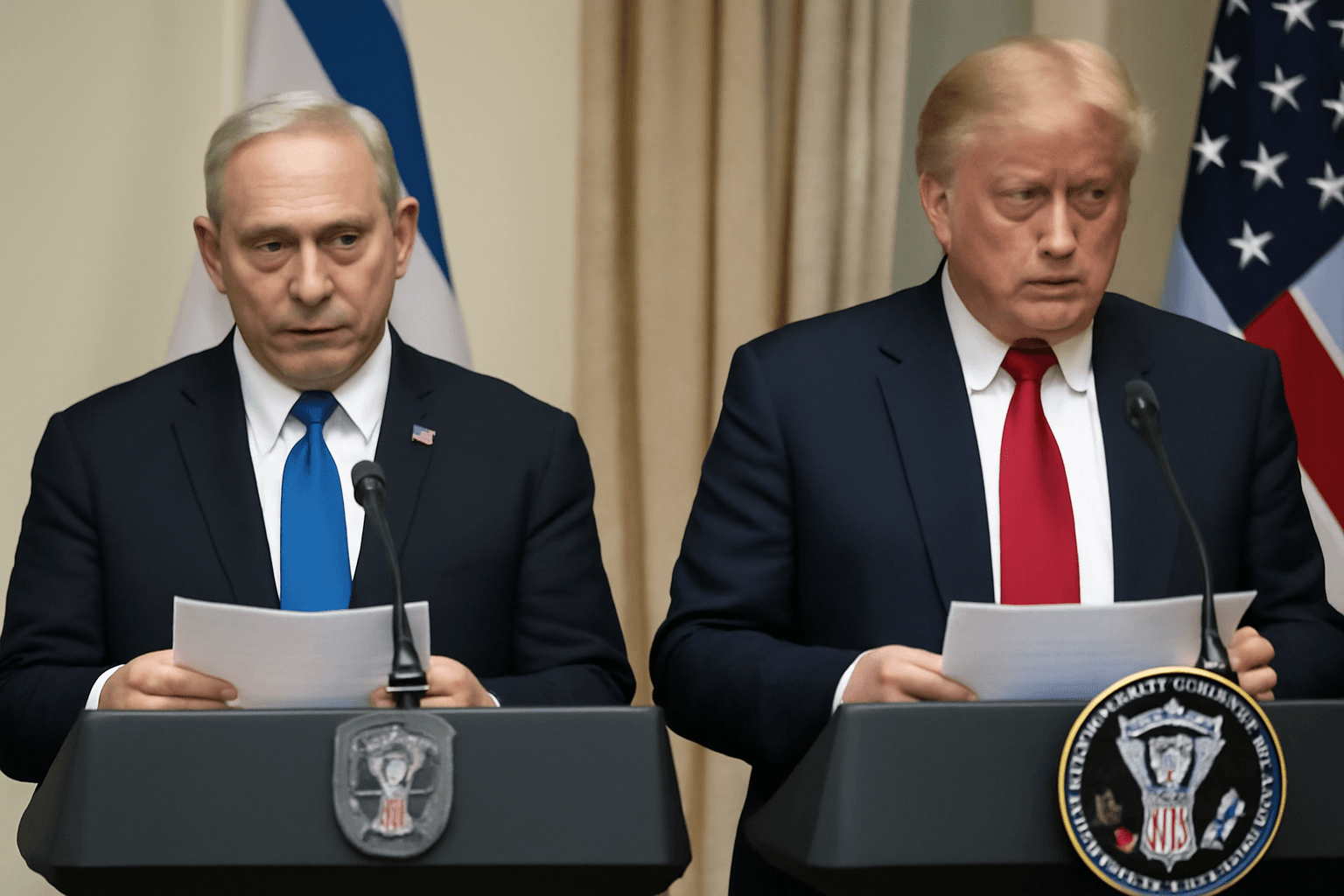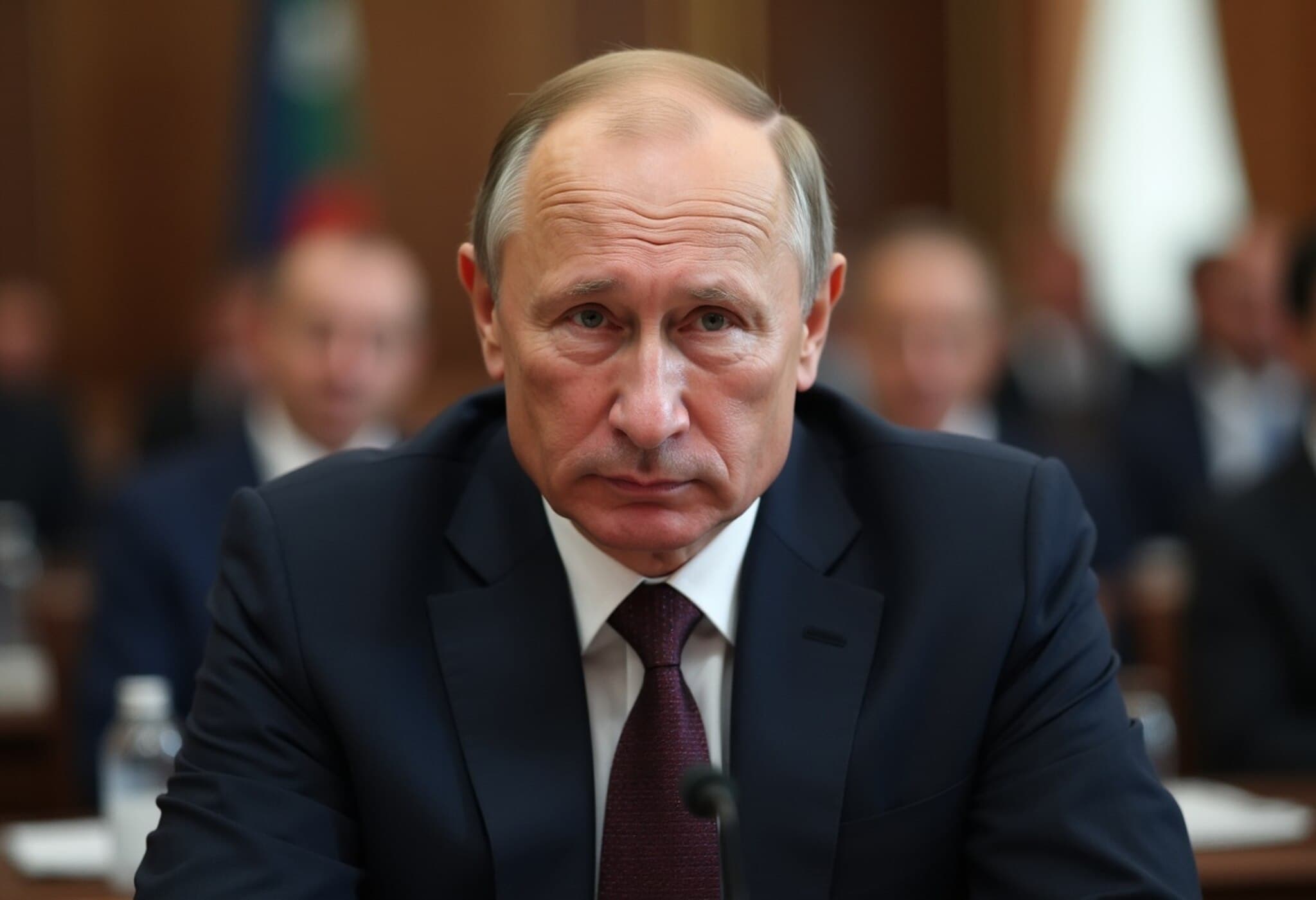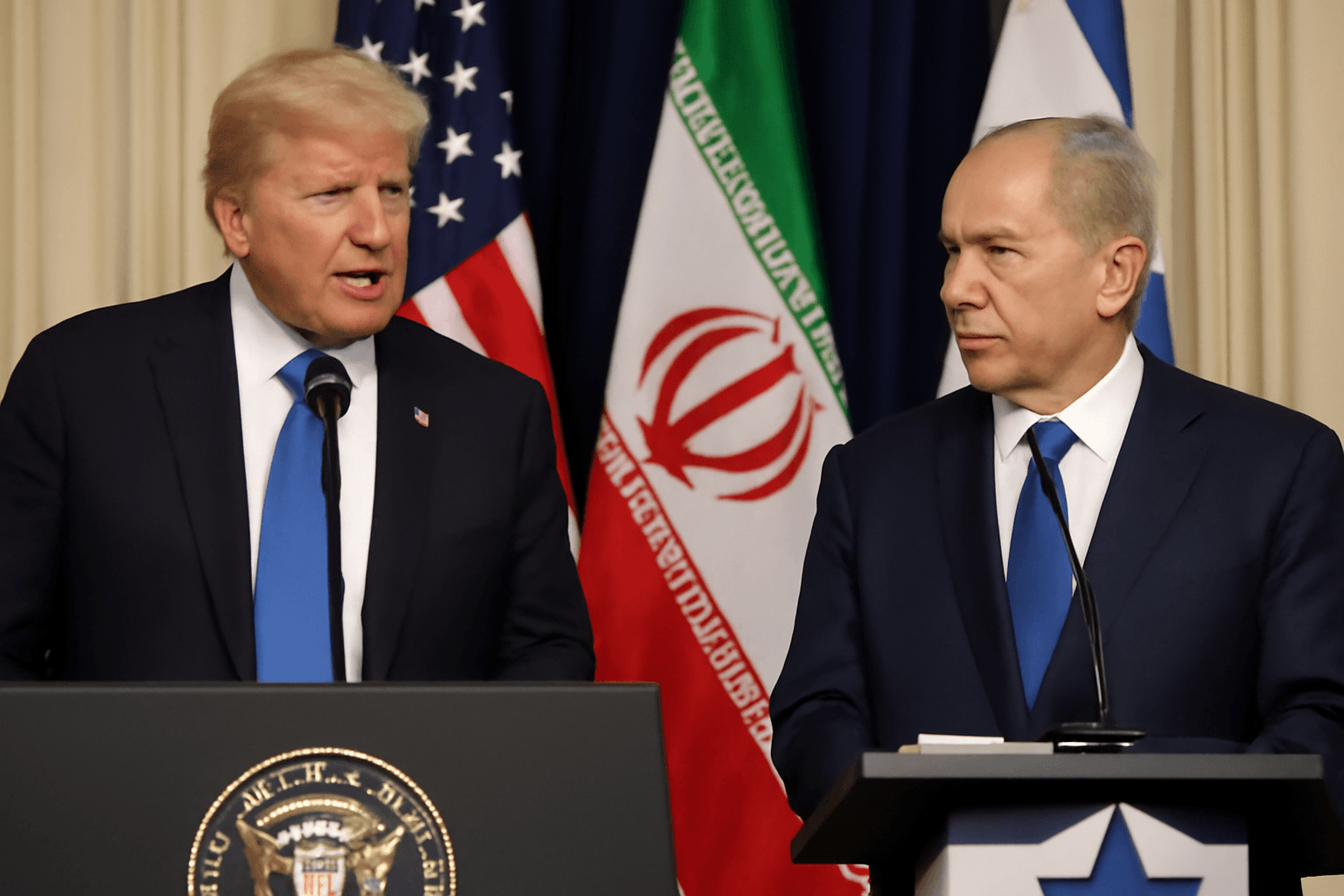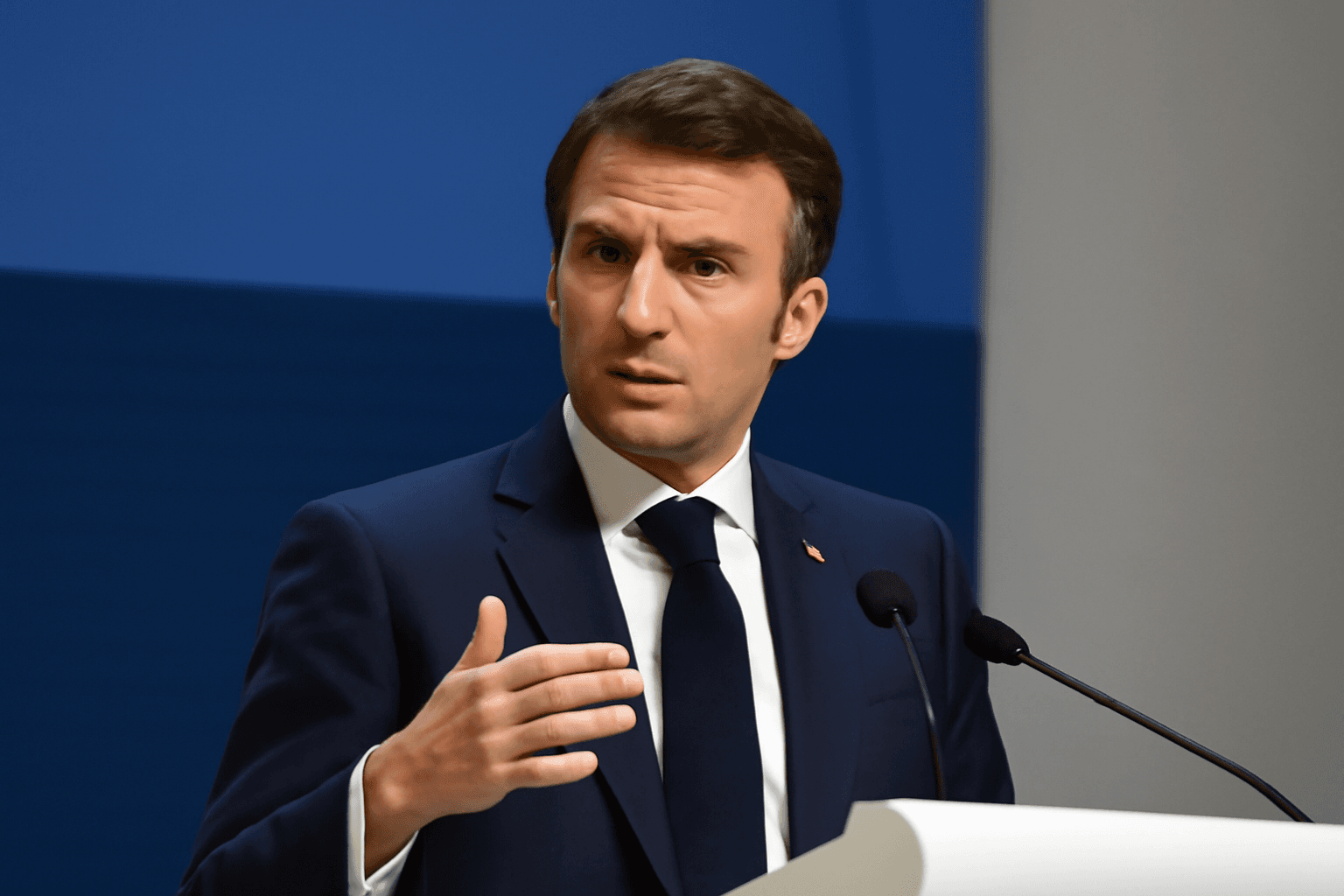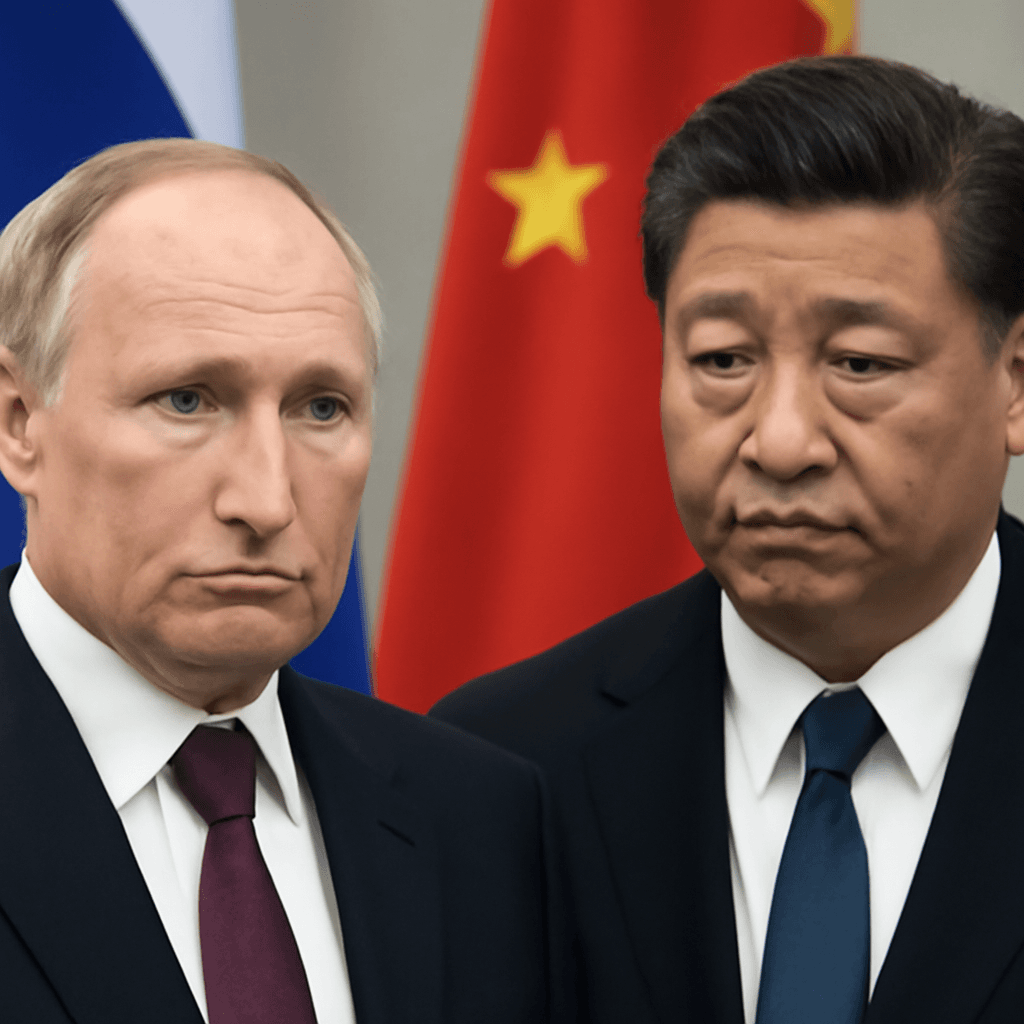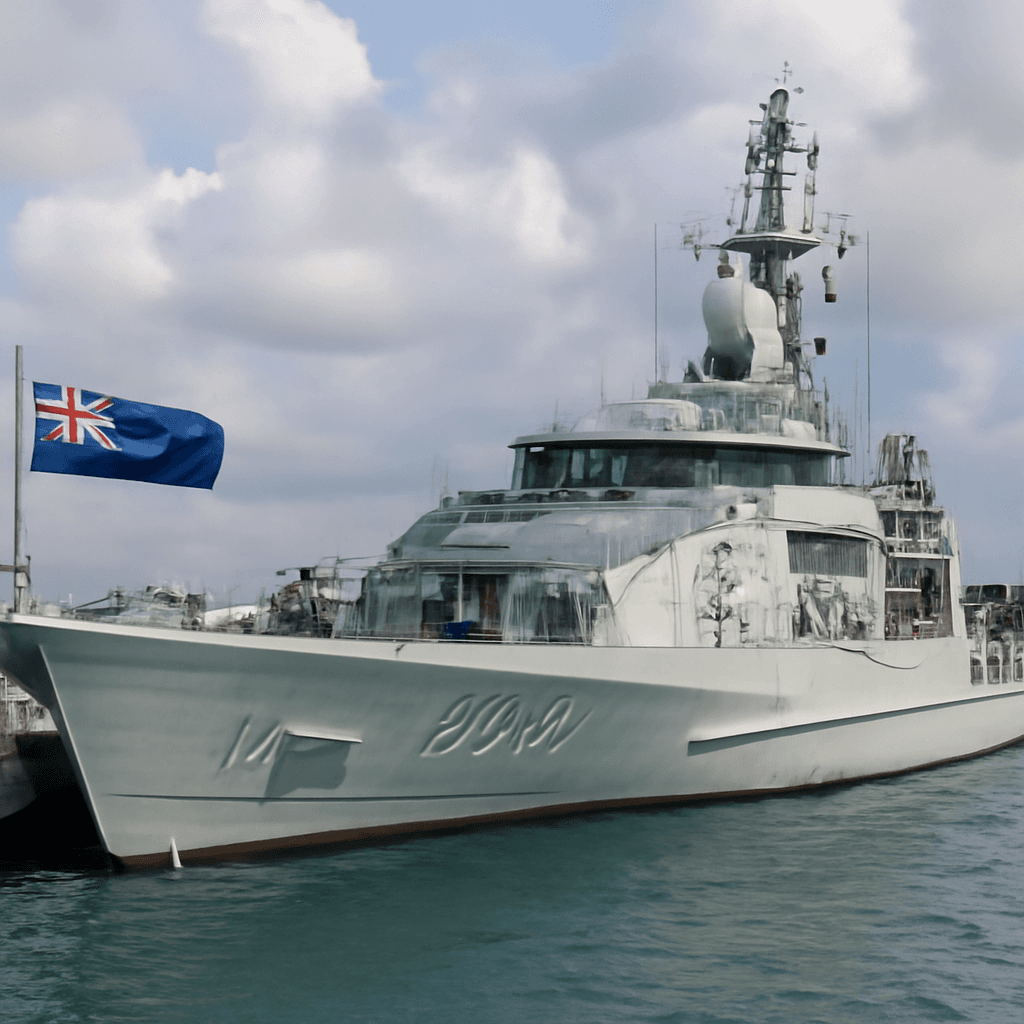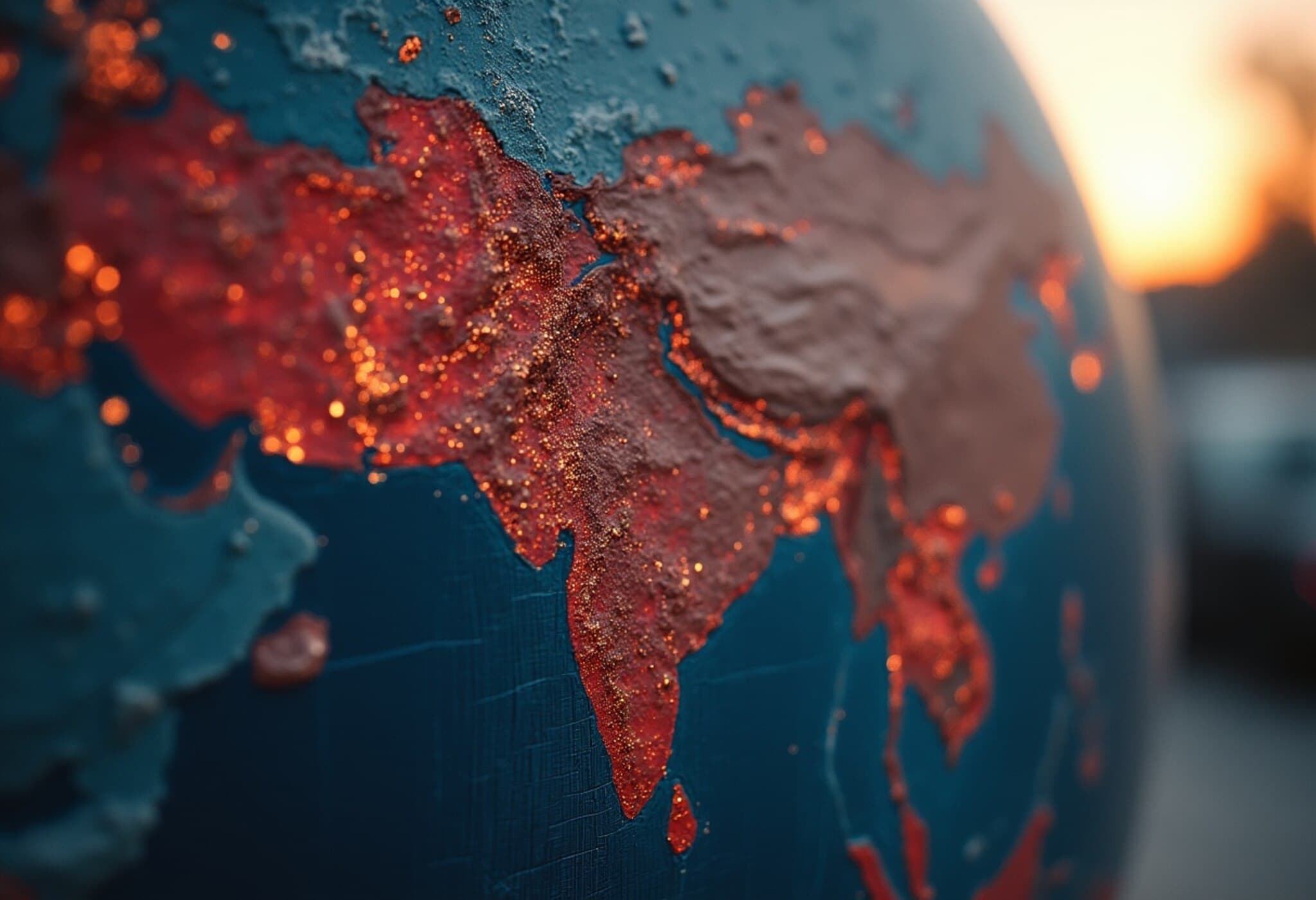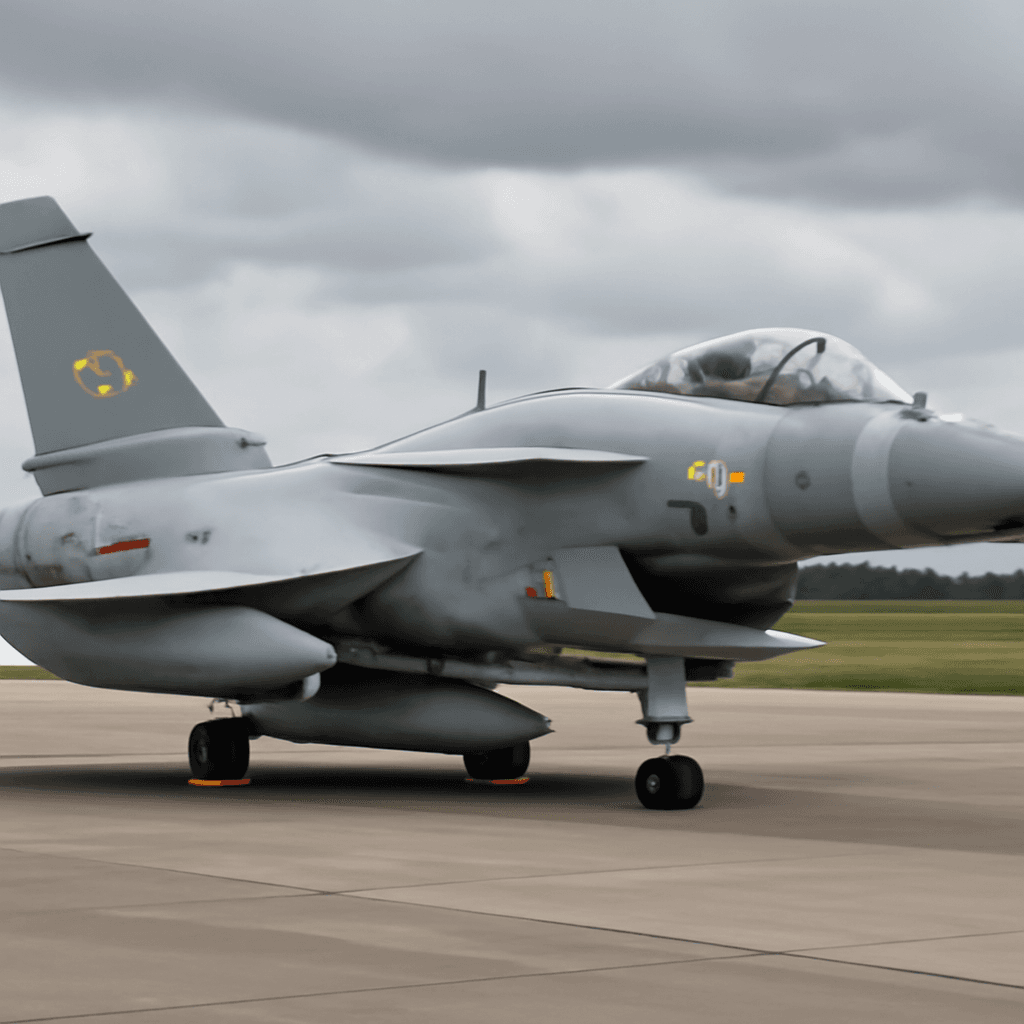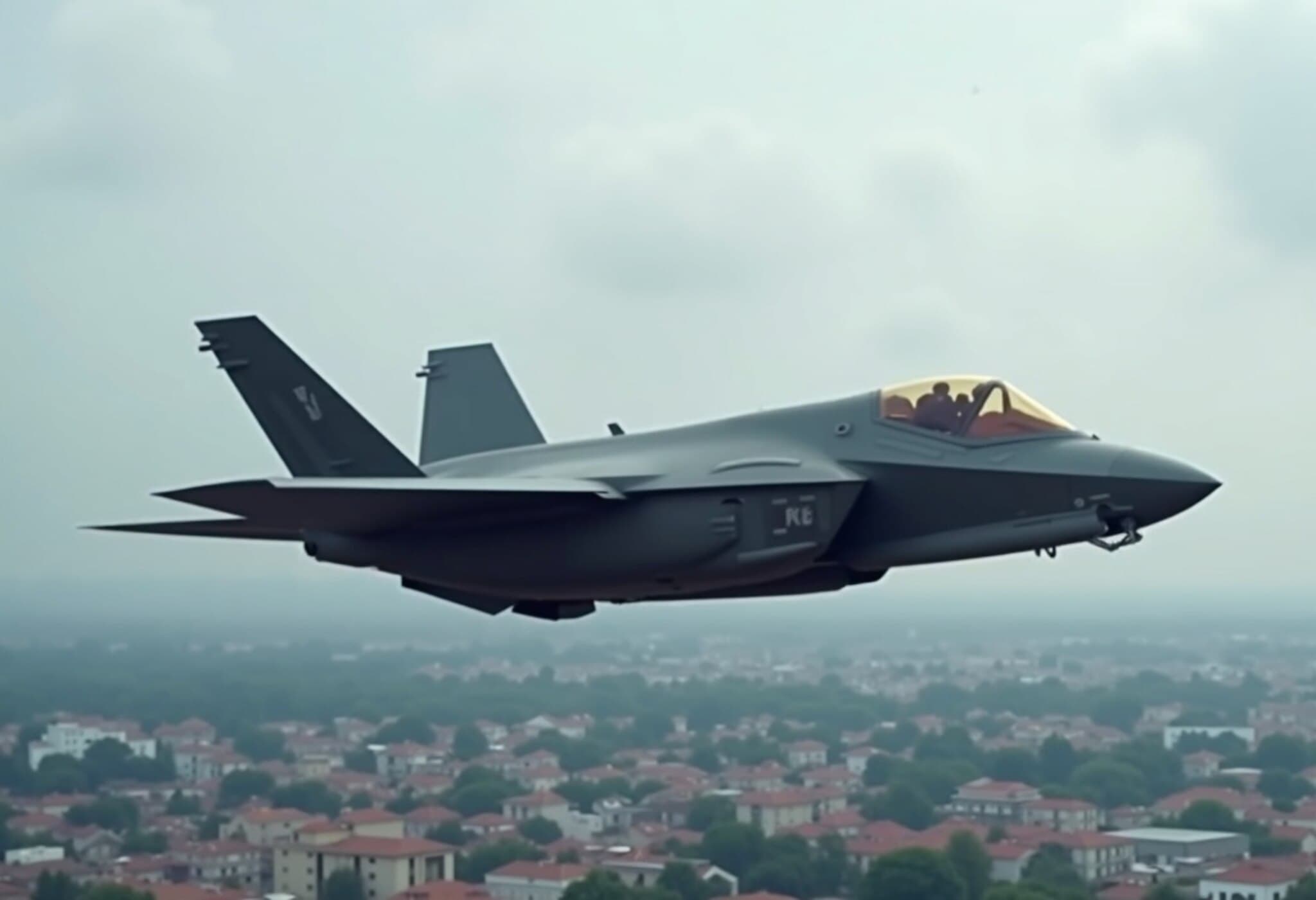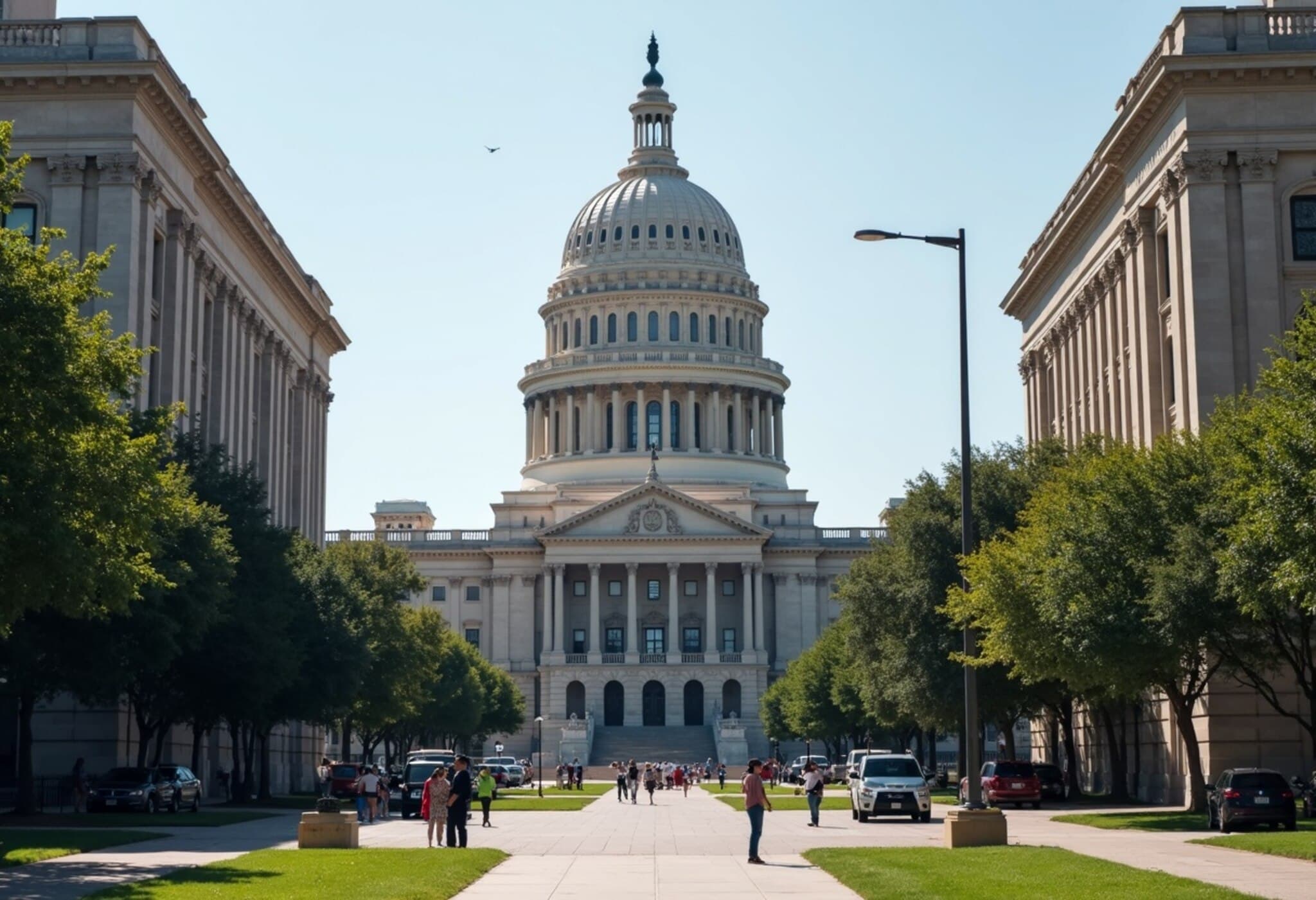Russia's Delicate Diplomacy Amid Israel-Iran Tensions
For decades, Russia has walked a tightrope in the Middle East, balancing its warm relations with Israel alongside deep economic and military ties with Iran. Recent developments—Israel's military strikes on Iranian nuclear and military sites followed by Iran’s retaliatory missile and drone attacks—have underscored this complex position. Moscow finds itself in a challenging spot but also poised for a unique opportunity: to emerge as a key mediator in the escalating conflict.
Russian Leadership Calls for De-escalation
Russian President Vladimir Putin engaged with both Israeli and Iranian leaders, offering mediation to cool down soaring tensions. Condemning the Israeli airstrikes as "categorically unacceptable," Russia's foreign ministry warned of dire consequences and urged restraint to prevent a broader regional war. Despite the stern rhetoric aimed at Israel, Moscow stopped short of extending material support to Tehran, consistent with the cautious nature of their alliance.
In talks with Israeli Prime Minister, Putin stressed the need to resolve Iranian nuclear-related disputes through dialogue and diplomacy, signaling readiness to facilitate negotiations. A similar message was delivered to Iran’s president, along with condolences for the losses suffered during the strikes. Importantly, Putin and the U.S. President also consulted on the situation, paving the way for Moscow’s potential role as a mediator.
Balancing Act: Moscow's Complex Alliances
Historically, Russia and Iran’s relationship has evolved drastically from Cold War tensions to strategic partnership. Post-1991, Moscow became Iran’s key partner in trade and military supplies, including constructing Iran’s first nuclear power plant at Bushehr. More recently, both nations have strengthened ties further through a comprehensive strategic partnership agreement signed this January.
Meanwhile, Russia maintains robust relations with Israel despite their alliances with Iran. Diplomatic relations restored in 1991 led to cooperation on political, economic, and cultural fronts. Even in challenging moments—such as the downing of a Russian military plane by Syrian forces following an Israeli strike—both Russia and Israel managed to avoid severe fallout.
The Strategic Stakes for Russia
This rising Middle East crisis presents Moscow with a double-edged sword. On one hand, playing the role of a peacemaker could boost Russia’s influence as a power broker, giving it leverage in Iran’s nuclear negotiations and broader regional affairs.
- Russia has floated the idea of converting highly enriched uranium from Iran into civilian nuclear fuel, potentially a game-changer in renewed talks on Iran's nuclear program.
- However, the recent Israeli attacks have dimmed immediate prospects for agreement, complicating diplomatic efforts.
On the economic front, escalating hostilities in the Middle East are expected to drive oil prices higher—a boost for Russia’s economy amid sanctions and conflict-induced challenges.
Distraction or Opportunity?
Some analysts in Moscow believe that the Israel-Iran confrontation could divert Western focus and resources away from the ongoing war in Ukraine, indirectly aiding Russian military objectives. As one pro-Kremlin commentator noted, the complexities of a Middle East conflict might pull attention and imagination from Ukraine, easing Moscow’s battlefield pressures.
Conclusion: Russia’s Pivotal Moment in Middle East Diplomacy
By managing its intricate ties with both Israel and Iran, Russia stands at a crossroads. Its ability to mediate effectively could redefine its role on the global stage and reshape the Middle East’s security dynamics. While tensions simmer and conflict threatens to spread, Moscow’s diplomatic agility might turn this crisis into a strategic advantage, balancing regional power while fortifying its own geopolitical interests.


